1. They’re not just mischief makers they’re running full blown heists
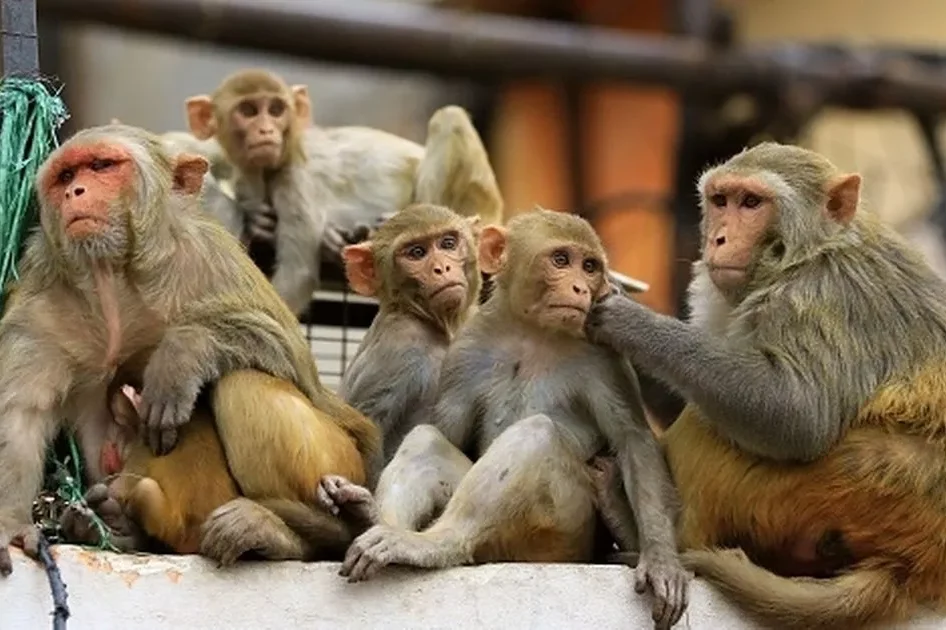
Sometimes it sounds like something from a cartoon, but in many parts of Asia, monkeys have turned into something bigger than street troublemakers. They’ve built what researchers call criminal enterprises, with gangs that raid neighborhoods, steal valuables, and even demand ransom. These primates aren’t just grabbing bananas and running. They target wallets, phones, and sunglasses, knowing humans will trade food to get them back. The shocking part is how calculated it all looks. They work in teams, distract their victims, and execute their plans like seasoned hustlers who have learned the ways of city life.
2. Lopburi Thailand Monkey City
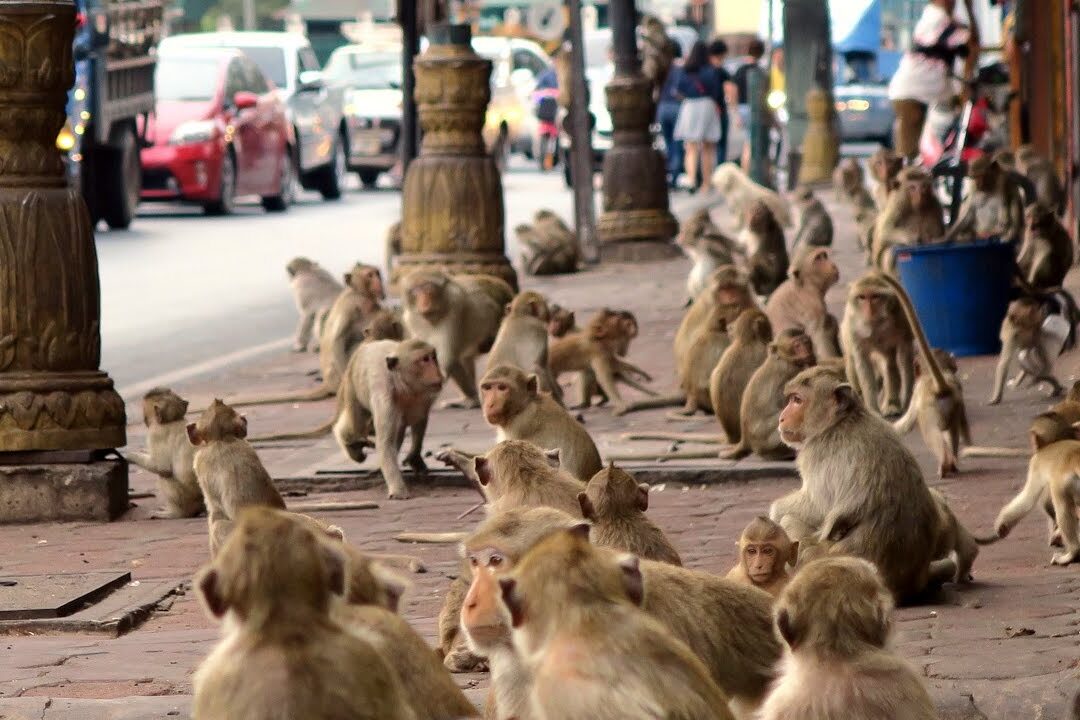
In Lopburi, Thailand, the streets belong to long tailed macaques, and everyone knows it. Locals call it Monkey City, a place where primates snatch phones, raid stores, and fight in noisy street brawls. Troops compete for territory like rival gangs, leaving businesses scrambling to protect themselves. Shopkeepers have resorted to cages and nets, while residents walk cautiously with bags zipped tight. For tourists, the sight is wild, but for locals, it is a daily struggle. The monkeys are smart, coordinated, and fearless, making Lopburi both a strange attraction and a tough place to live and work.
3. Ubud Bali Indonesia Monkey Forest Hustlers
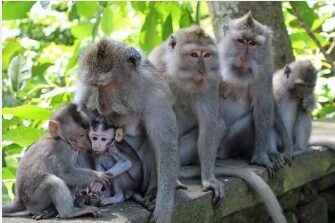
In Ubud’s Monkey Forest, visitors are warned before stepping inside. Glasses, phones, and wallets are top targets for the macaques who run their own version of a hostage for snack exchange. They swoop in, snatch belongings, and then patiently wait for food before giving them back. What seems funny at first quickly feels like a clever routine, one passed down from older monkeys to younger ones. It has become a learned behavior, almost like tradition. Tourists laugh nervously while locals shake their heads, knowing the monkeys have mastered this game and show no signs of giving it up.
4. Jaipur and Delhi India Citywide Raids
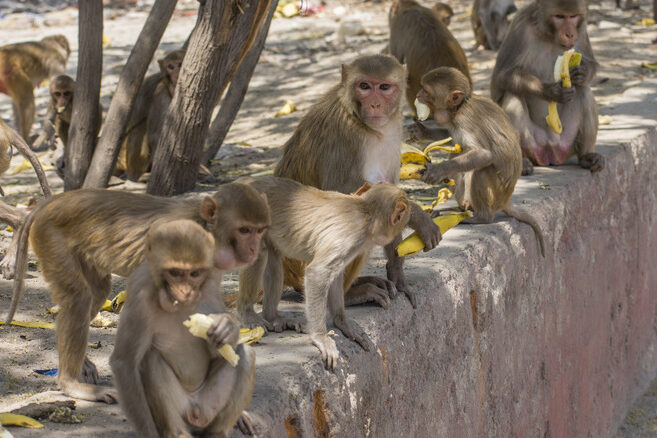
In India’s busiest cities, monkey gangs have become more than a nuisance, they are a genuine urban challenge. From breaking into government offices to raiding markets, their boldness is unmatched. Stories circulate of monkeys storming Parliament buildings or causing power outages by climbing on electrical wires. They have chased down postal workers, snatched lunches, and created chaos in places once thought secure. Some offices now use guards to keep them away, but the primates always seem a step ahead. For city dwellers, the problem has shifted from comical anecdotes to daily disruption that is both stressful and alarming.
5. Shimla India Streets on Edge
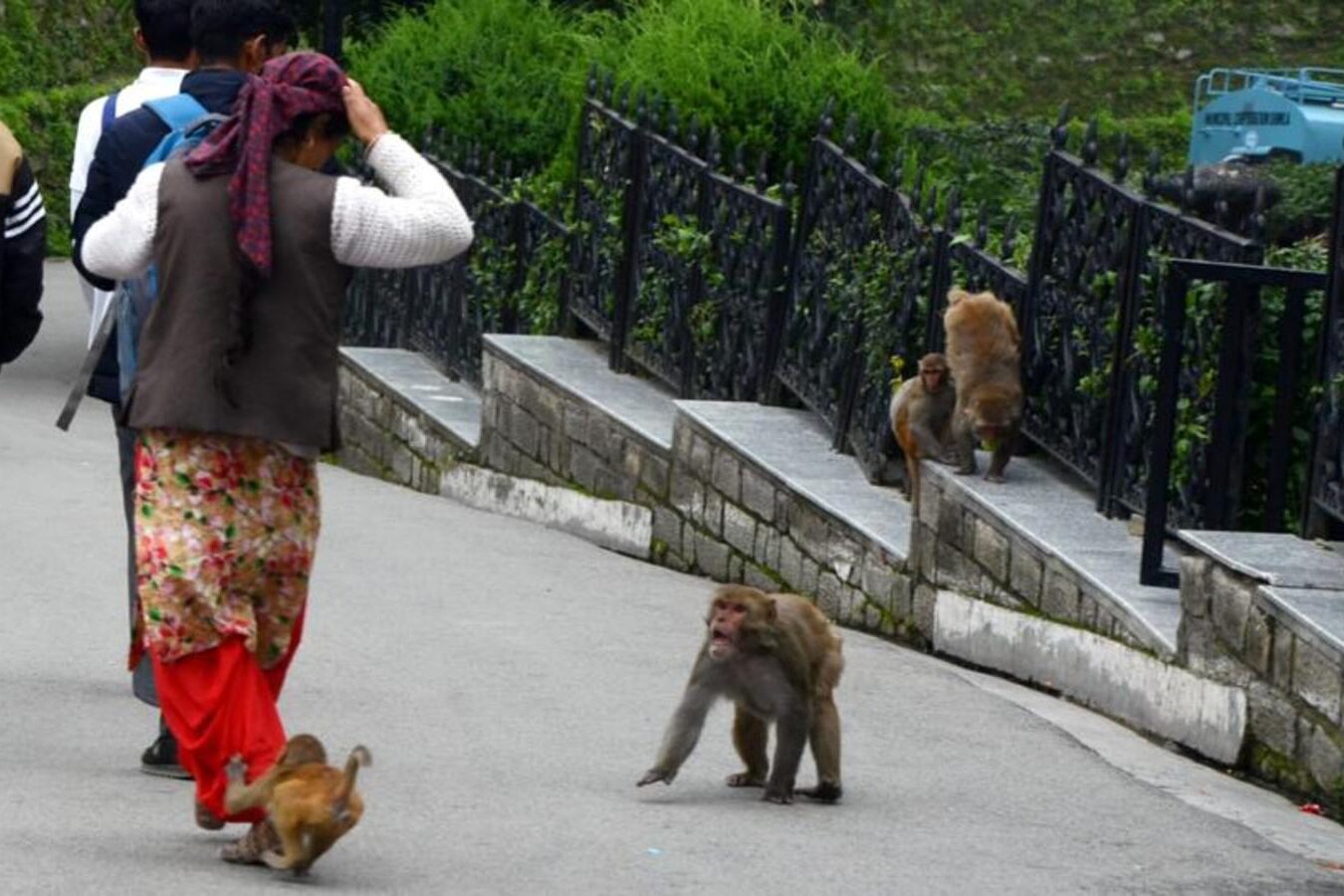
In the hill town of Shimla, living with monkeys has become a tense routine. Residents are careful not to carry groceries or snacks in public, because troops of macaques often chase them down. Shopkeepers face constant raids, and many locals have suffered injuries trying to protect their goods. Some people have even ended up in hospitals after attacks. What was once a picturesque tourist spot now feels uneasy, with food markets and homes under siege. Authorities struggle to find answers while the monkeys grow braver. For Shimla, the balance between people and primates seems harder to keep every year.
6. Kuala Lumpur Malaysia Apartment Raiders
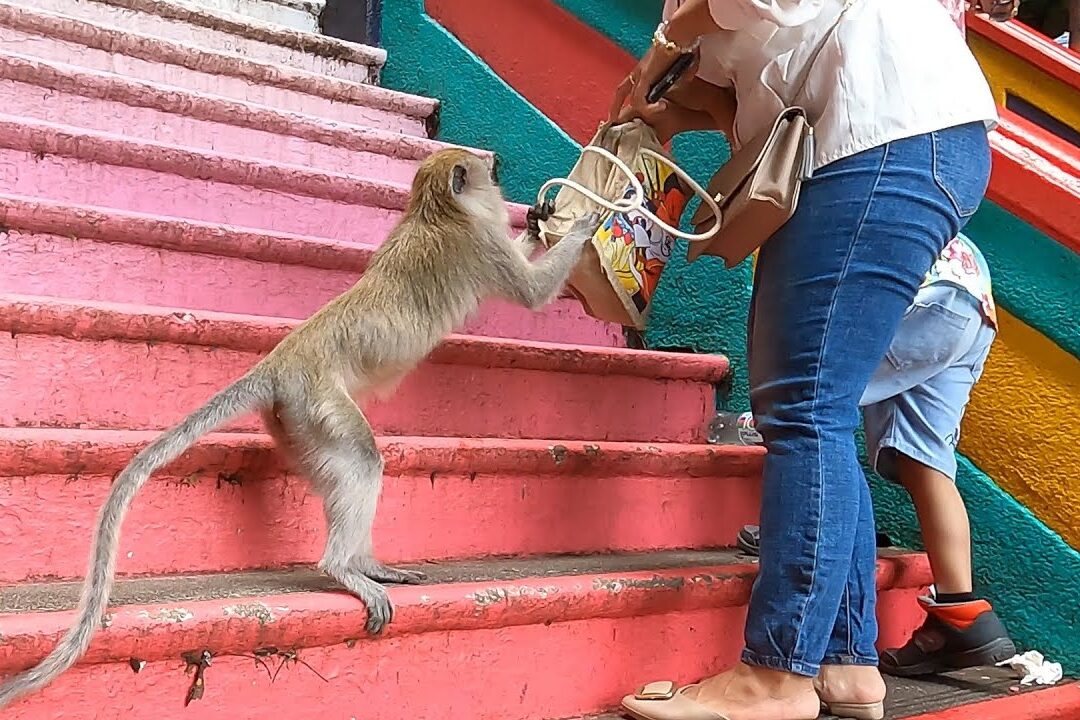
In Kuala Lumpur, skyscrapers and concrete towers have not stopped monkeys from finding ways inside. They scale walls, slip through open windows, and rummage through kitchens, leaving messy trails behind. Families wake to scattered food and overturned furniture, realizing their unexpected guests have made themselves at home. Neighborhoods have even hired monkey patrols to keep them away, but the primates return, learning new tricks with every attempt. Life in Malaysia’s capital is modern and bustling, yet these intrusions remind everyone that monkeys are adapting too. The fight for space continues, and the city feels less private with every raid.
7. They Steal What Matters Most
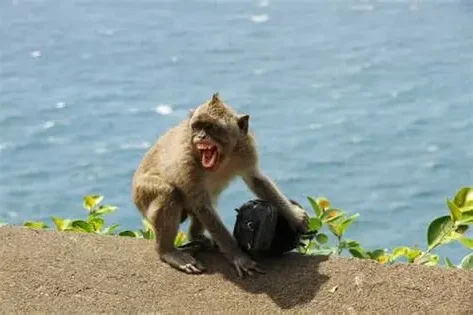
The monkey gangs have moved far beyond fruit. They understand that humans value certain possessions and target them on purpose. Sunglasses, wallets, and phones vanish from hands and pockets, often returned only when food is offered in exchange. The thefts are quick and precise, making it hard for anyone to react. For locals and tourists alike, it feels less like random mischief and more like an organized plan. By picking high value items, the monkeys ensure they always have bargaining power, turning everyday objects into a currency that buys them food and keeps their scams thriving.
8. They Learn From Each Other

What makes these monkey mafias so persistent is their ability to learn and teach. Older monkeys pass down the tricks, showing the younger ones how to spot vulnerable targets and trade stolen goods for snacks. It is like a family business, where skills are shared and improved across generations. Watching a young monkey copy an older one shows just how fast they adapt. The lessons stick, and with every new learner, the cycle grows stronger. What might look like coincidence is actually years of social learning, shaping troops into organized city dwellers who thrive on clever survival.
9. Locals Are Divided
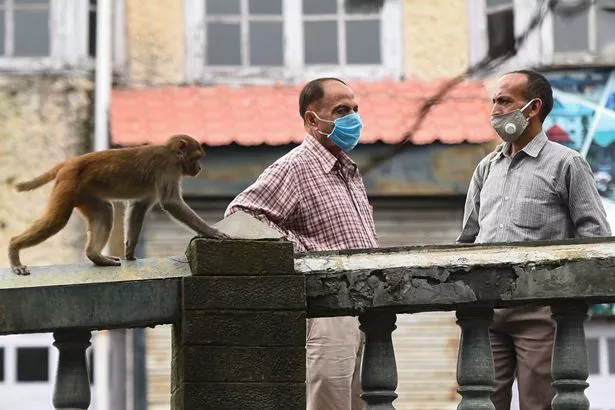
Not everyone agrees on how to handle the monkey problem. For some, monkeys are sacred, tied to culture and traditions that encourage feeding and protection. For others, the daily damage, injuries, and fear make them a threat that must be controlled. This divide leaves communities stuck, torn between respect and frustration. Shop owners count losses, while elders remind neighbors of the monkeys’ symbolic meaning. The arguments continue as the primates multiply and grow more daring. With no clear answer, the animals keep roaming freely, making each street corner a place of both reverence and constant caution.
10. It’s Only Getting Worse

The monkey mafias are not slowing down. Expanding cities bring more opportunities, and tourists feeding them only fuels the problem. Each year, the monkeys seem bolder, cleverer, and more comfortable living side by side with humans. What was once playful mischief now feels like a permanent feature of urban life. Their tactics evolve quickly, leaving people to wonder what is next. For locals, it is a stress they live with daily. For visitors, it is a strange spectacle. And for the monkeys, it is survival. The story continues, and the ending looks further away than ever.
If this story fascinated you, give it a thumbs up, share it with a friend, and drop your thoughts in the comments below.
This story Monkey Mafias: How These Clever Criminals Are Taking Over Cities was first published on Daily FETCH


